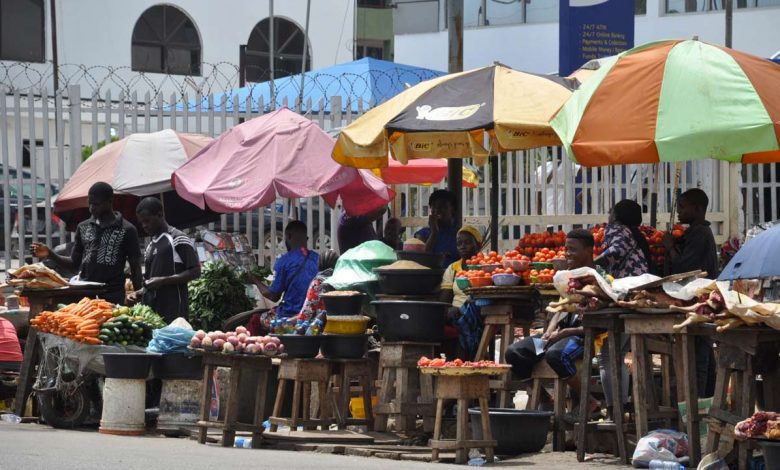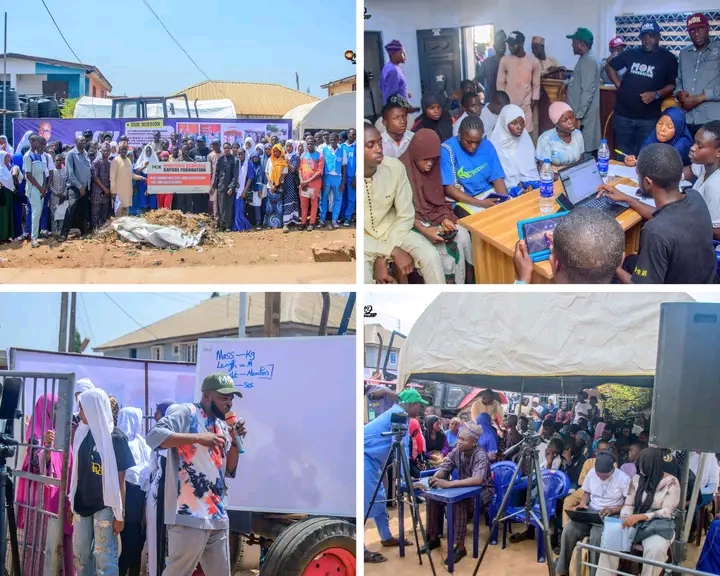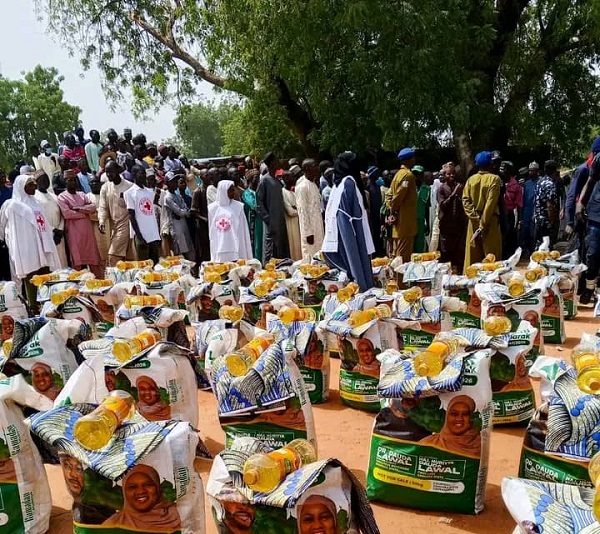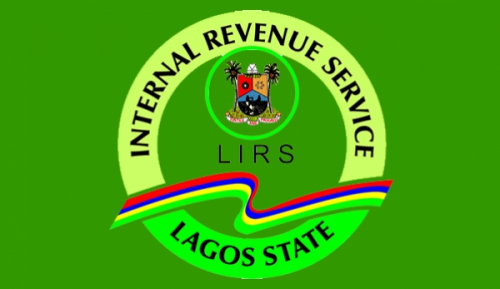Food Security: FG to establish soil testing laboratories in 774 LGAs

By Tunde Opalana
To ensure adequate food security and in fulfilment of sustainable agriculture as one of the key strategic policies of the Renewed Hope Agenda of the Tinubu administration, soul testing laboratories are to be established in all the 774 local government areas in the country by setting up a Soil Information System.
Minister of State for Agriculture and Food Security, Sen. Aliyu Sabi Abdullahi disclosed this in Abuja the final validation workshop on Nigerian Farmers’ Soil Health Card Scheme (NFSHCS) organized by the ministry.
The scheme, he said, aimed at addressing the issue of soil degradation in Nigeria and creating a robust database for effective planning.
The minister pointed out that the primary focus of the workshop was to validate the Soil Health Card document and ensure it aligns with the national policies and goals to ensure food security.
In a statement on Thursday, Mrs Eremah Anthonia, Chief Information Officer in the ministry, Sent. Abdullahi added that the scheme “would also safeguard the environment, enhance climate resilience, and contribute to overall agricultural development, noting that President Bola Ahmed Tinubu (GCFR), prioritized food and nutrition security as part of his Renewed Hope Agenda, emphasizing that the Ministry recognizes that soil health is crucial for sustainable agriculture.”
The minister pointed out that NFSHCS signified a shift from traditional to modern agricultural practices, adding that it represents a significant step forward in our efforts to move away from indiscriminate fertilizer use, promote sustainable farming, boost productivity, and generate employment opportunities, especially for youths, women, and individuals with disabilities.
He emphasized that the scheme was designed to tackle soil health challenges by providing science-based insights to various stakeholders to include; farmers, agro-processors, extension agents, researchers, marketers, and policymakers.
Sen. Abdullahi further stated that the schemee aims to establish soil testing laboratories in the 774 Local Government Areas of Nigeria by setting up a Soil Information System and creating a robust database for effective planning.
He commended the efforts of the development partners in the likes of
Deutsche Gesellschaft für Internationale Zusammenarbeit (GIZ), Agro-Climatic Resilience in Semi-Arid Landscapes (ACReSAL), World Bank, Soil Values, and International Institute of Tropical Agriculture (IITA) amongst others, who has made the scheme to achieve several significant milestones.
In his remarks, Director, Agricultural Land and Climate Change Management Services, Mr. Olanipekun Oshadiya said he was confident that the validated Soil Health Card document would serve as a vital instrument for fostering sustainable agricultural practices, improving soil fertility, and ensuring food security in the nation.
READ ALSO: E-paper: 10 things you need to know on The DailytimesNGR
He implored the participants to sustain their dedication to the principle of soil health and sustainable agricultural practices, adding that they should be persistent in their collaborative efforts to convert the outcomes of the workshop into concrete actions, measurable impacts, and benefits that will serve farmers, the environment and the nation.
In his presentation, the Consultant, NFSHCS, Dr. Micheal Adegboye gave an insight into the progress report on the development and implementation of NFSHCS noting that the initiative was to furnish each farmer with comprehensive insights into their soil’s condition, coupled with tailored guidance on fertilizer usage amongst others.
Highlights of the event were paper presentations by development partners.
In attendance were representatives of AcreSal, GIZ, Soil value, AGRA, and SWOFON, among others.










